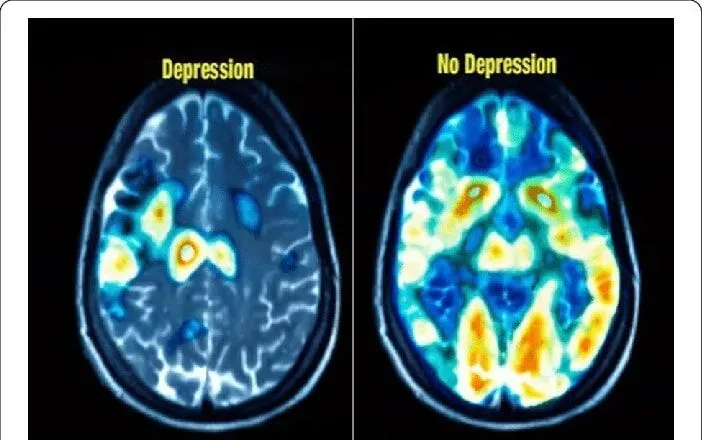Understanding Depression
What is Depression?
Depression, also known as major depressive disorder or clinical depression, is a significant mood disorder that profoundly impacts how a person feels, thinks, and handles daily activities like eating, sleeping, and working. It is characterized by persistent sadness, lack of interest in daily activities, and other symptoms that must last at least two weeks for a diagnosis.
Different Types of Depression
Different types of depression can arise from various circumstances:
- Major Depression: Involves severe symptoms lasting for at least two weeks, significantly affecting daily life.
- Persistent Depressive Disorder (Dysthymia): A less intense form of depression but lasts for at least two years.
- Perinatal Depression: Occurs during pregnancy (prenatal) or after childbirth (postpartum).
- Seasonal Affective Disorder (SAD): Related to changes in seasons, often starting in the fall and improving in the spring.
- Depression with Psychosis: A severe form of depression involving delusions or hallucinations.
- Bipolar Disorder: Alternates between depressive episodes and manic episodes, with periods of elevated mood and energy.
Who is Affected by Depression?
Depression can impact anyone, regardless of age, race, gender, or ethnicity. While women are diagnosed more frequently than men, men may be more likely to underreport symptoms or delay seeking help. Members of the LGBTQI+ community are also at higher risk.
Signs and Symptoms of Depression
Common signs of depression, if experienced most of the day for at least two weeks, may include:
- Persistent sadness or anxious mood
- Feelings of hopelessness, guilt, or worthlessness
- Irritability, frustration, or restlessness
- Fatigue, low energy, or slow movements
- Changes in appetite or sleep patterns
- Difficulty concentrating, making decisions, or remembering things
- Physical symptoms like aches, pains, headaches, or digestive issues
- Thoughts of death, suicide, or self-harm
If you or someone you know is experiencing suicidal thoughts, seek help immediately by calling or texting the 988 Suicide and Crisis Lifeline at 988 or visiting 988lifeline.org.
Risk Factors for Depression
Several factors contribute to the development of depression, including:
- A personal or family history of depression
- Major life events, trauma, or stress
- Chronic medical conditions such as diabetes or heart disease
- Certain medications and health conditions like thyroid disease
How is Depression Treated?
Depression is treatable, with psychotherapy, medication, or a combination of both being the most common approaches. Early treatment improves the chances of success.
- Psychotherapy: Cognitive-behavioral therapy (CBT) and interpersonal therapy (IPT) are effective therapies for depression.
- Medications: Antidepressants help regulate brain chemicals associated with mood. Esketamine, a fast-acting nasal spray, is an option for treatment-resistant depression.
- Brain Stimulation Therapies: These are used in severe cases where other treatments are ineffective.
Natural Products
Some people use natural products like St. John’s Wort or Vitamin D to manage depression. However, these supplements are not FDA-approved. Always consult a healthcare provider before starting any supplement.
Finding Help for Depression
If you are struggling with depression or noticing symptoms in someone else, it’s essential to reach out to a healthcare provider. Immediate support is available through mental health hotlines, online resources, and counseling services. For more information, visit reputable health organizations like the National Institutes of Health (NIH).



